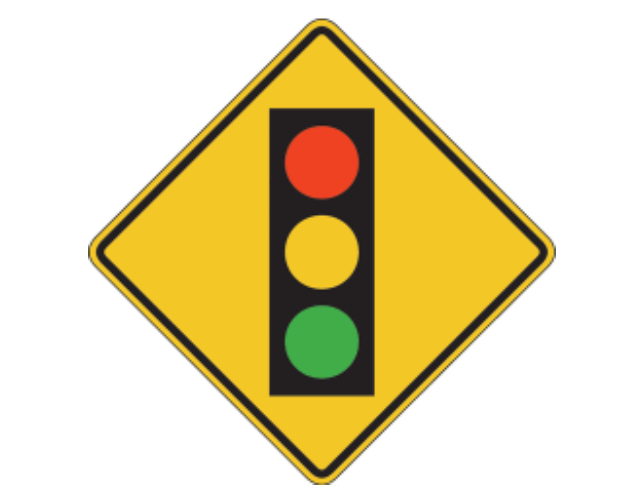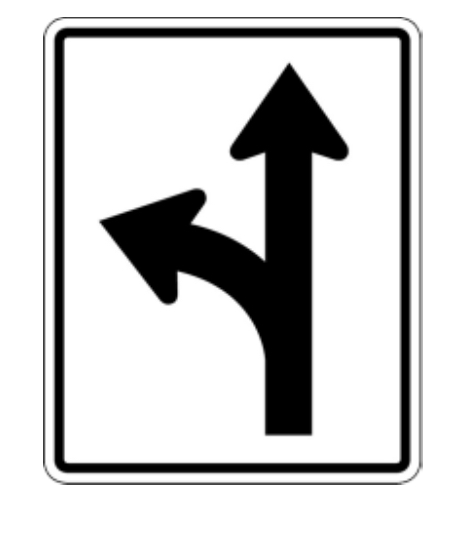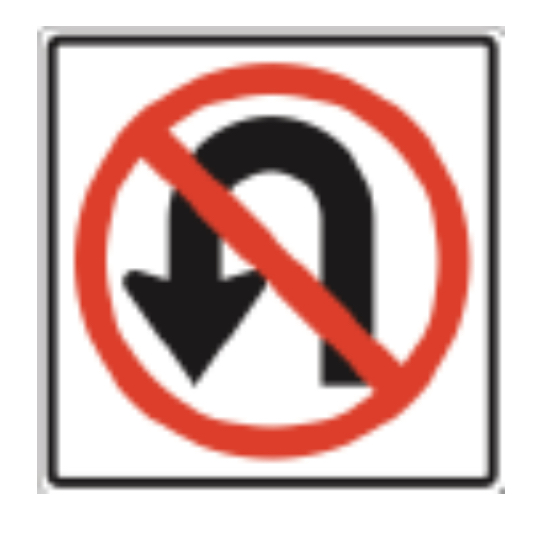Practice Test 1 Learners Permit CT
1/20
Earn XP
Description and Tags
Name | Mastery | Learn | Test | Matching | Spaced |
|---|
No study sessions yet.
21 Terms
When used on roadways, bicyclists are considered:
a) A hazard
b) Vehicles
c) Dangerous
Vehicles
Motorcyle/scooter/moped operators:
a) Are easy to see and determine what they will do
b) Must share a traffic lane with another vehicle
c) Have the right to use a complete traffic lane
Have the right to use a complete traffic lane
Reaction time is slower after:
a) Drinking alcohol
b) Sleeping
c) Working hard
Drinking alcohol
The first thing that a drink of alcohol affects is:
a) Vision
b) Judgement and skills
c) Balance
Judgement and skills
Passenger restrictions apply to 16 and 17 year-old license holders who have received their license on or after August 1, 2008 for what length of time?
a) 3 months
b) 12 months
c) 6 months
12 months
As of August 1, 2008, what is the nighttime curfew for 16 and 17 year olds?
a) 10 pm to 6 am
b) 11 pm to 5 am
c) 12 am to 5 am
11 pm to 5 am
You may not park within how many feet of a fire hydrant?
a) 5 ft
b) 15 ft
c) 10 ft
10 Feet

This sign means:
a) Traffic signal ahead - prepare to speed up
b) Flashing amber light ahead - proceed with caution
c) Traffic signal ahead - (the light may be red)
Traffic signal ahead - (the light may be red)
To make a right turn, you should:
a) Speed up to provide more room for the vehicle behind to pass
b) Turn right from any lane
c) Turn from the right lane
Make the turn from the right lane
To make a left turn, you should:
a) Make the turn from the center line
b) Make the turn from the left lane
c) Make the turn from any lane, providing you signal well in advance
Make the turn from the left lane
A broken yellow line between two lanes of traffic means:
a) Both lanes of traffic are going the same direction
b) Passing is permitted when its safe
c) Passing is not permitted
Passing is permitted when it's safe
Signs or lane markings that indicate a No Passing Zone tell you that:
a) There are oncoming cars passing in your direction
b) Passing is permitted only in daylight hour
c) You cannot see far enough ahead to pass
You cannot see far enough ahead to pass

This sign means:
a) You can go straight ahead
b) You are approaching a divided highway
c) You can turn left or go straight ahead
You can turn left or go straight ahead

This sign means:
a) No turns
b) No outlet
c) No U-turns
No U-turns
To pass on a two-lane road, you should:
a) Sound your horn as you pass
b) Flash your headlights as you pass
c) Judge the distance to the first oncoming vehicle
Judge the distance to the first oncoming vehicle
After passing, you should move back to the right when:
a) You are one vehicle length ahead
b) You cannot see both headlights of the vehicle in your rearview mirror
c) You are 50 feet ahead of the vehicle
You can see both headlights of the vehicle in your rearview mirror
You can pass a vehicle ahead, if it is safe to do so, when:
a) You are on a hill or curve
b) You are on the road with a solid line on your side of the road
c) There is a broken line on your side of the road
There is a broken line on your side of the road
To enter a gap in highway traffic:
a) Watch only the vehicles behind the gap
b) Check behind, then watch the vehicle ahead
c) Speed up and let vehicles make way
check behind you, then watch the vehicle ahead
When you are behind a motorcycle, you should:
a) Be ready to use the horn
b) Drive more slowly
c) Allow more following distance
Allow more following distance
To enter highway traffic, you need at least:
a) A two-second gap.
b) A three-second gap.
c) A four-second gap.
A four-second gap
To avoid merging traffic from the right, the best thing to do is:
a) Change lanes to the left
b) Slow down
c) Maintain speed and position
Change lanes to the left